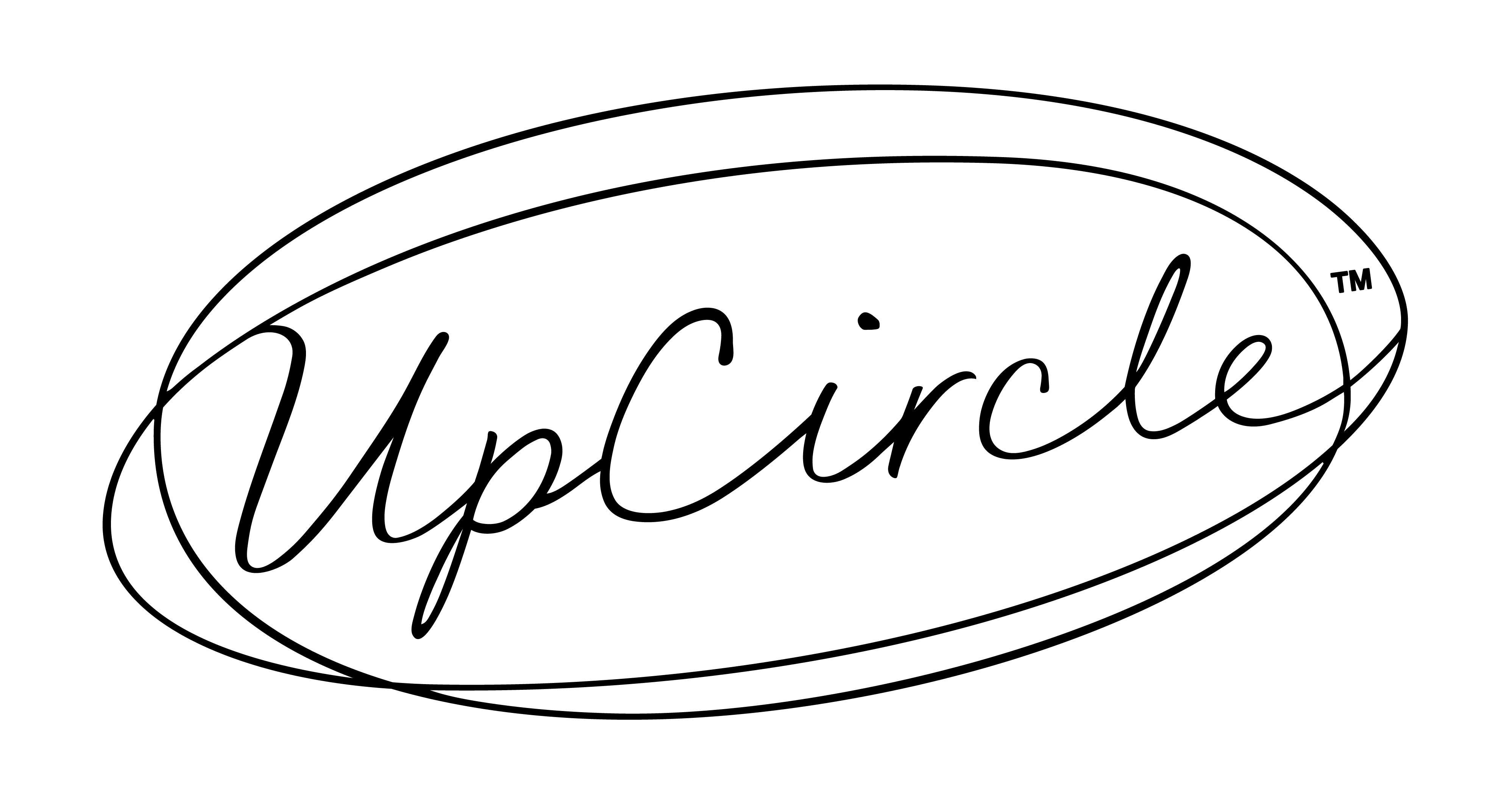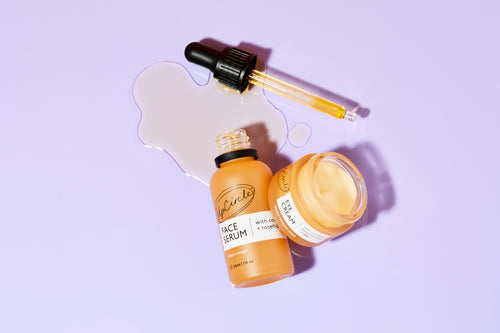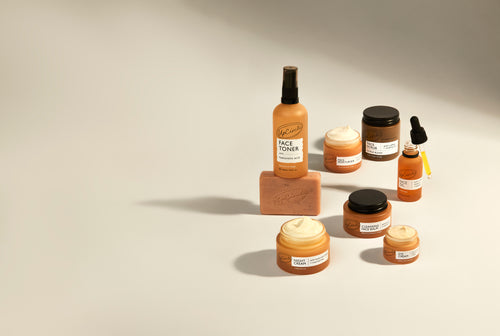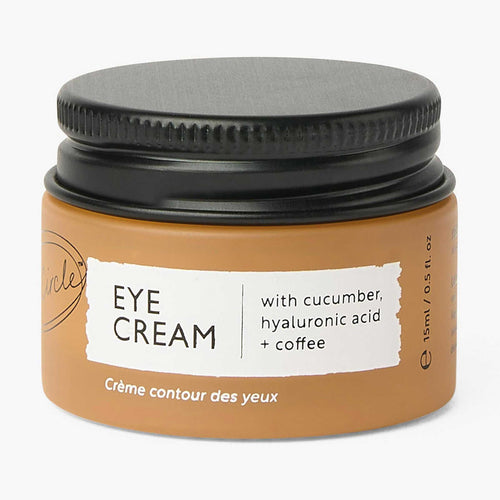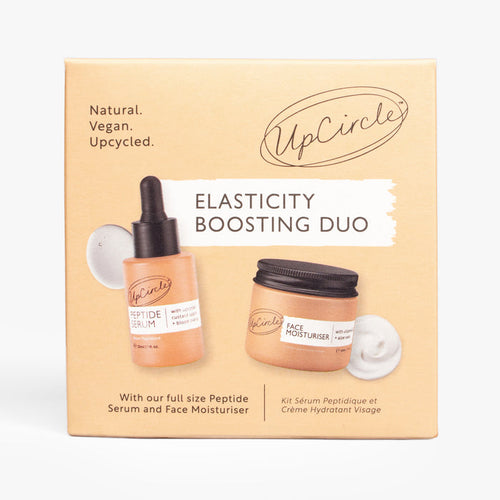If you’ve never heard of algae skincare, then the thought may have you conjuring up images of all kinds of sea creatures. In reality, using algae extract in skincare is becoming more and more commonplace, with brands buying into the benefits that are hard to ignore.
Before diving into how algae is used in skincare, we’ll recap some background information that you need to know. Algae is the informal term that is often used to describe a large, diverse group of organisms ranging in both size and colour.
Types of algae used in skincare
While there are thousands of types of algae, there are some types that are typically used in skincare.
Blue algae
Blue algae, sometimes known as blue-green algae, probably doesn’t have the best reputation among the general public. Famed for keeping people out of the sea and dogs out of lakes and ponds, blue-green algae (Cyanobacteria) includes a large range of species.
Spirulina is a biomass of blue-green algae that can be consumed by people, and is often used as supplements or ingredients in skincare products due to its moisturising and antioxidant properties.
Red algae
Red algae, or Rhodophyta, are one of the oldest and largest types of algae, with over 7,500 species. Coralline algae is a type of red algae, and this type of algae plays a major role in the building of coral reefs.
Showing both anti-inflammatory and antioxidant effects, red algae is added as an ingredient in many different skincare products, from moisturisers to face oils.
Snow algae
Growing in alpine and polar regions, snow algae are a type of green algae, but because of their appearance, are often known as watermelon snow. This cryophilic group of algae thrives in freezing temperatures.
Rainbow algae
Rainbow algae, sometimes known as rainbow wrack or Cystoseira Tamariscifolia, produces distinct colours underwater. Studies have shown that “intracellular opal-like photonic crystals formed from lipids within photosynthetic cells” are responsible for the vivid structural colours found in rainbow algae.
While it’s quite a sight to see, that’s not all rainbow algae is good for. A type of brown algae, Cystoseira Tamariscifolia is sometimes used in the formulation of skincare products.
Algae skin care benefits
Perhaps surprisingly, algae offer a range of benefits when included as an ingredient in skincare products like face moisturisers, oils and creams.
1. Helps to fight off free radical damage
Depending on how familiar you are with the skincare world, you may not have heard about free radicals and the damage that they can cause to your skin.
Free radicals are naturally released in the body when oxygen atoms split after coming into contact with another chemical. Antioxidants stop oxidisation from happening, so that free radicals are not released, meaning that they cannot steal electrons from healthy atoms.
Free radical damage causes both a breakdown to the DNA of your skin, and skin damage. Antioxidants help to prevent free radicals causing damage to your skin cells by binding to them, providing the free radicals with their missing electron pairing. This damage caused by free radicals is evident on the skin in the form of dryness, uneven pigmentation, wrinkles, broken blood vessels and crepey skin.
Various types of algae are known to have high antioxidant activity. In particular, green, blue-green (spirulina) and brown algae are used as antioxidants in skincare to help prevent and repair this damage caused by free radicals.
2. Moisturises the skin
A recent study found that certain species of algae are able to help regulate the distribution of water in the skin, leading to a better absorption of moisture and increased water circulation in the skin. Being a humectant, algae also helps to reduce moisture loss from the skin. When used in skincare, this can help to ensure your skin stays hydrated and soothed.
3. Reduces skin inflammation
Another benefit of algae for skin is that it can help to reduce inflammation associated with acne or other skin conditions.
How to support your skincare with UpCircle
While we may not include algae in our products, we do formulate our products with skin-loving anti-inflammatory and antioxidant ingredients. From apricot kernel oil and lavender oil, to tangerine oil and hemp seed oil.
Consistently following a simple skincare routine using natural, vegan products is the best way to maintain your skin’s natural barrier and health. Our Cleanse, Tone + Moisturise Set is the perfect way to get on board with natural skincare, saving you a lovely 15% on the RRP of the products included.
First, you’ll cleanse your skin using our best selling Cleansing Face Balm with Vitamin E, which is enriched with nourishing ingredients such as shea butter, oat oil and sea buckthorn oil. This balm works to break down and remove stubborn makeup, while both supporting skin elasticity and leaving skin smooth, soft, and nourished.
Then, it’s time to spritz some of our rejuvenating Face Toner with Hyaluronic Acid onto your skin. This product helps to plump and hydrate the skin, as well as clear pores and keep blackheads at bay. The use of hyaluronic acid and glycerin in this toner helps to moisturise your skin and brighten your complexion, leaving your skin feeling refreshed.
The last step of this set is to use our fan-favourite Face Moisturiser with Vitamin E to add some much-needed hydration to the skin. Suitable for all skin types, this soothing moisturiser is rich in vitamin E, helping to boost collagen production.
Award-winning, this moisturiser is formulated using sunflower seed oil, shea butter and cocoa butter to nourish and balance the skin.
At UpCircle, we pride ourselves on our commitment to our planet, and quality products. Proudly vegan, cruelty-free and B-Corp certified, we upcycle ingredients that would otherwise go to waste into nourishing skin, hair and body care products. Shop our full collection.
